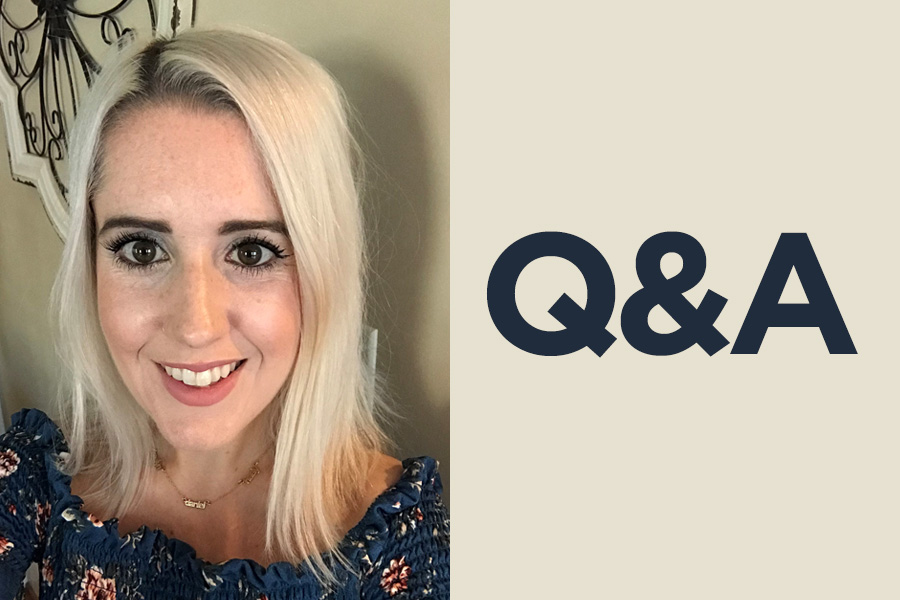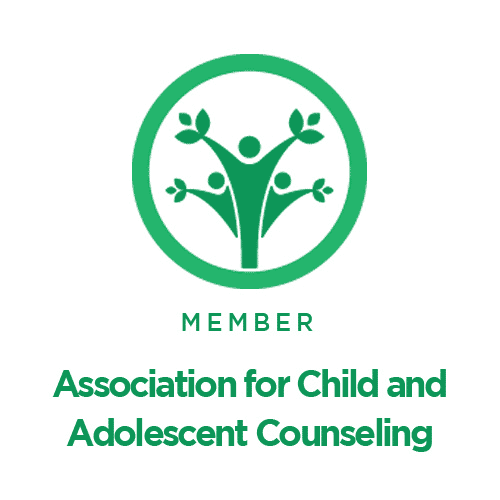Thank you to everyone who reached out and submitted a question to be shared! Just a reminder that everybody has issues and problems in their lives. Just because we don’t always see the less than favorable parts of people’s lives does not mean they don’t exist. Everybody needs help sometimes and there is nothing wrong with finding a Wake Forest counselor to help you. Whether you choose “A Little Counseling” or another place-get help.
Is going to counseling pretty much the same thing as talking to a friend, except what you say can’t be repeated?
This is a really good question that reminds me of when I got my first official job as a Therapist. I remember as I was going in with my first adult client my boss said to me “whatever you do, no bull****ing in there.” So, to answer your question, no, its not the same thing. From an anxiety counselor’s perspective, we work with clients to change unproductive thought patterns, build self-esteem, change maladaptive behaviors, learn coping skills and so much more. Although we talk about the things going on in our clients lives, counselors usually don’t respond by saying things like “omg you have to tell me what’s going on with the Smiths or did you hear what happened to Joe down the block? Counseling is not for gossip or personal catch up, it’s about helping the client reach their therapeutic goals. SO yeah, it’s definitely not the same—remember: There is no bull****ing in the therapy room!
Something seems to be bothering my 14 year old son, but when myself or my husband ask him what is wrong he says he is fine. Should we keep pushing or give him space?
I think the best thing a concerned parent can do is let their child know that they are there for them no matter what; and if they ever do decide they want to talk -- you’re there. It’s always good to check in; whether they take you up on it or not. A lot of times children will talk when they are ready. Observe their behavior the best you can: does he have friends that support him, does he have an outlet? When in doubt, if there have been behavior changes, physical changes or you suspect harmful behavior; seeking outside help (medical or behavioral) might be a good idea. Trust your instincts.
I am a stay at home parent and I get so frustrated with my children. I feel like I am yelling constantly and screwing up at this parenting thing.
Honestly, I don’t think there is one parent out there that has not had bad moments when they feel like they are failing. Self-awareness is very important and it’s really good that you acknowledge constant yelling is not good for any of you. The best part about making mistakes is learning from them. Whatever you did not like about today you have the chance to get up and change tomorrow. Pay attention to what type of behaviors trigger your anger and think before you react. Try a different approach and get a different response. Remember that young children learn the behavior that is modeled. If you can, make sure to take some time for yourself. I’ve had so many parents tell me that they lose their temper the most when multitasking.
My 13 year old daughter's grades have drastically declined over the past school year. Her teachers say she is not paying attention in class and to have her tested for possible ADHD. We never had this problem before; however my husband and I recently divorced.
The last piece of information is very important here, “my husband and I recently divorced.” It sounds like your child may be experiencing anxiety-which can look very similar to ADHD. Check out my blog on “Anxiety in the Classroom” to get more information. You mentioned that this behavior is new which could be due to the current change in your home environment. In order to be more helpful, we would have to meet so I could learn more about your particular situation. A side note to keep in mind about ADHD is that the inattention, hyperactivity and impulsivity appear in different settings.
I have read that it’s good to have a routine for your children and I’ve also read conflicting things that have said having a strict routine is no good. What do you think?
The goal is to be able to thrive in routine and be able to handle the occasional change. It is unrealistic to think you can never break routine because this is not the way life is. Breaking routine is often a trigger for emotional and behavioral issues in children with anxiety and OCD. Cognitive behavioral therapy helps a lot.
How does counseling help a 3 year old child?
Counseling can greatly benefit young children. While they won't sit on a couch and pour it all out, young children can learn how to focus, social skills, boundaries, coping skills and so much more. I really enjoy working with little ones because they are so impressionable and learn quickly. These newly learned skills can be applied in almost every facet of their life -- it’s pretty amazing!








